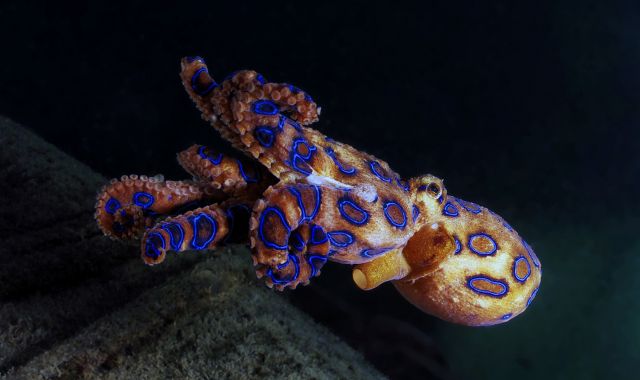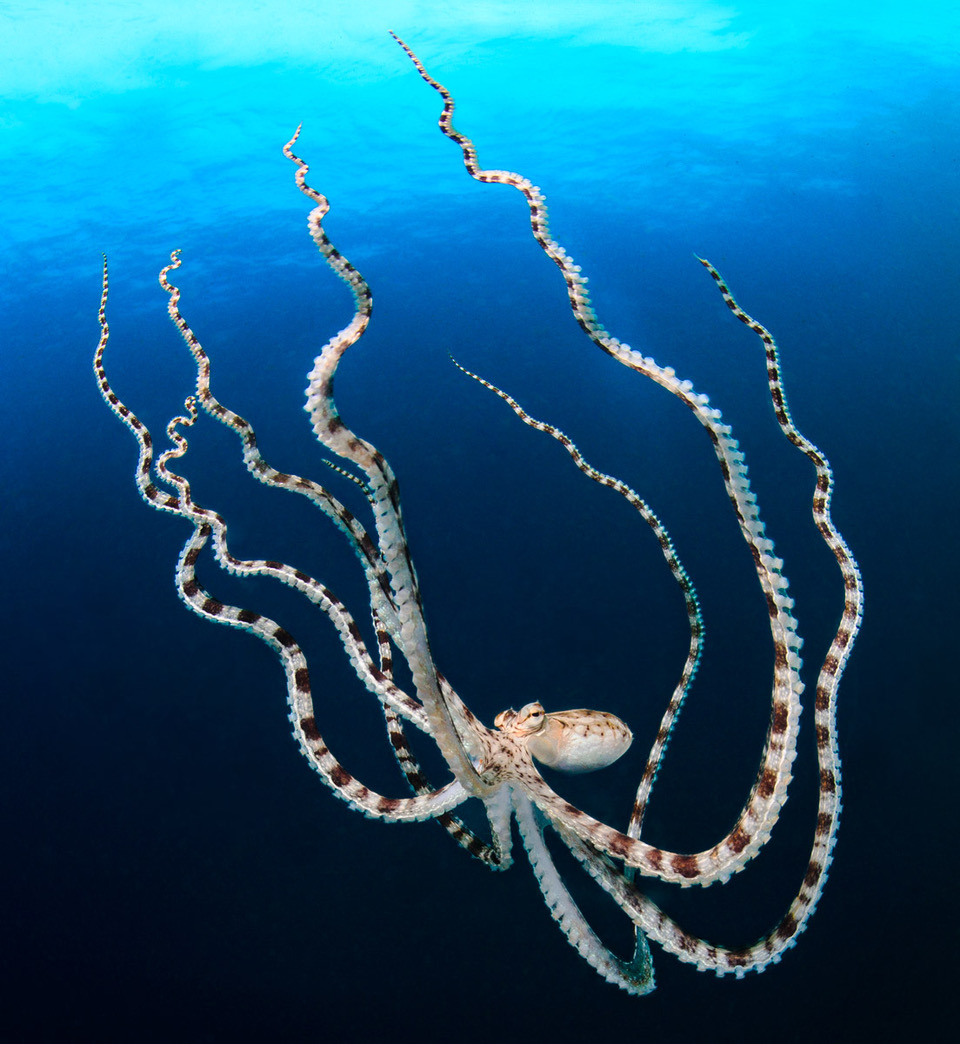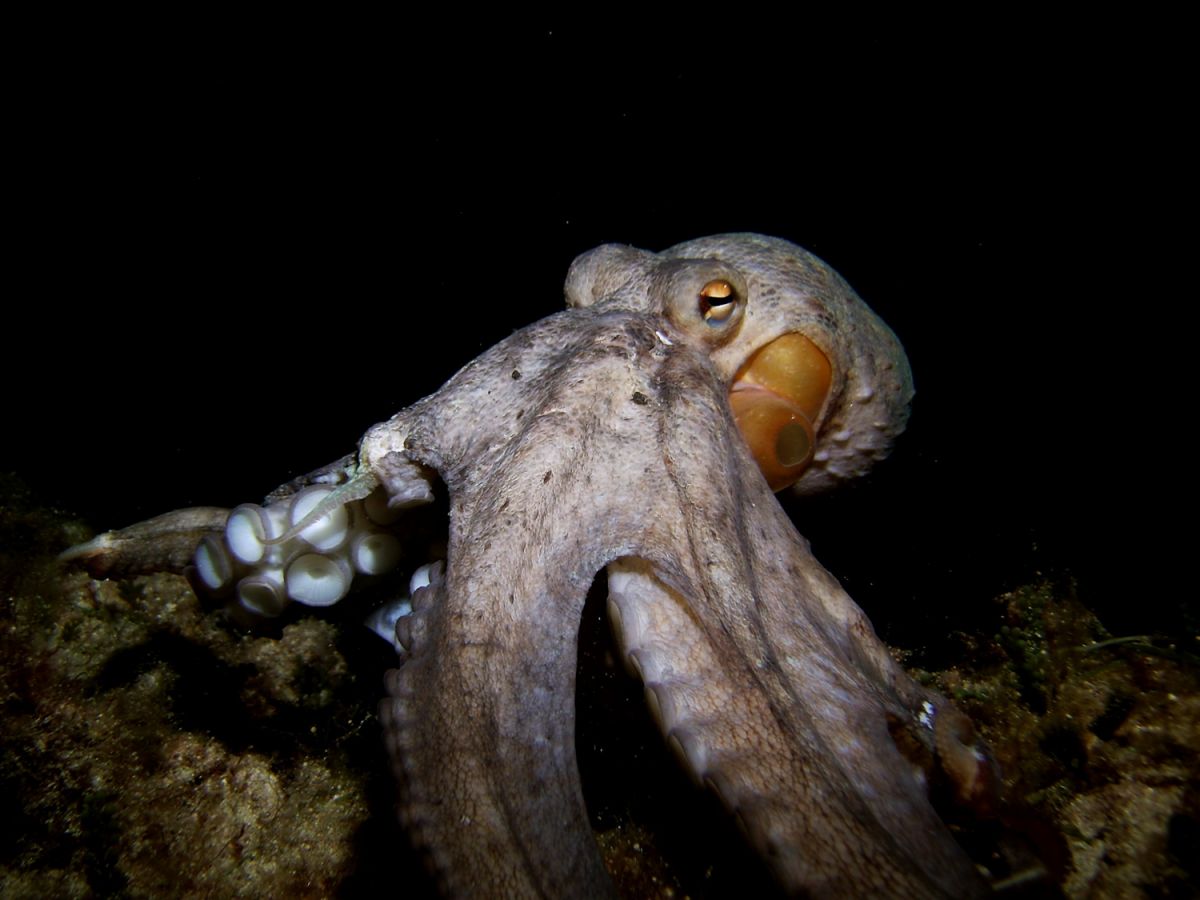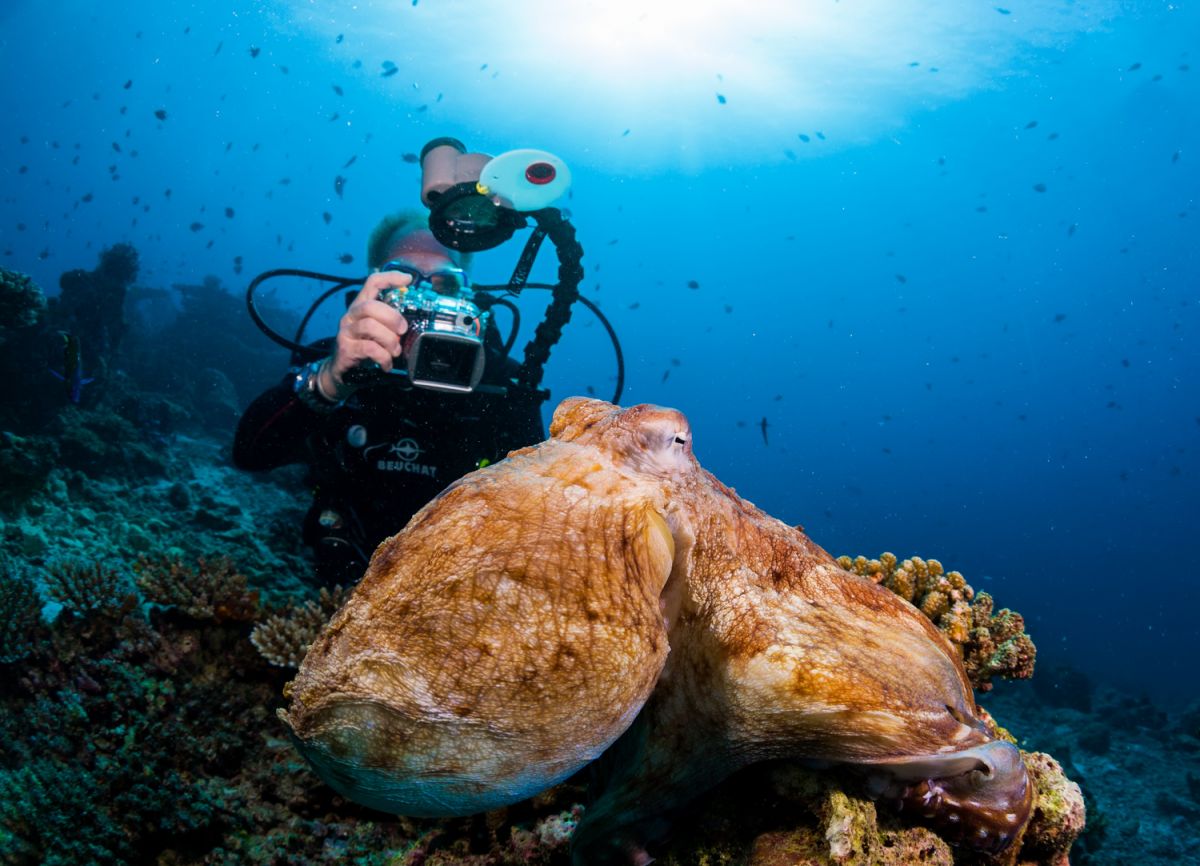- More More
- Blog
- Inspire me
- Groups
- Offers More
- Dive Courses More
- Liveaboards
More

Liveaboard Trips
On-board accommodation offering the opportunity to live right over the dive sites and to experience secluded dives...
Diving regions...
- LATEST AVAILABILITY BY REGION
- Red Sea availability
- Maldives availability
- Indonesian availability
- Socorro Mexico availability
- Galapagos availability
- ALL LIVEABOARD DIVING REGIONS
- Bahamas
- Bikini Atoll
- Caribbean
- Cocos Island
- Destinations
MoreDIVING REGIONS...
Our Top destinations....Why not try....
Find a trip
- Resort
- Liveaboard
The wonderful octopus

1 Apr 2020, Mat Howell
The octopus has to be my favourite marine animal. In truth I’m a huge fan of all cephalopods. It’s a good job because as divers we are more likely to cross paths with a cuttle fish than an octopus and the encounter will almost certainly last longer since they tend to be less skittish. I also love to see squid - especially on night dives - and have been fortunate enough to share the water with them on many occasions. But it could be partly due to their elusiveness that I always claim the octopus as my favourite marine animal whenever the question is asked.
There are a few hot spots where sightings of octopus could almost be considered common place and these tend to be the muck diving capitals of the diving world. A number of locations within the coral triangle are famed for providing the perfect habitat for our eight armed friends- that’s right; arms not legs or tentacles.

Image by Bernard Ravener
Lembeh Strait in Indonesia is often thought of as the premier muck diving destination and if luck is on your side it’s here where you can expect to have encounters with the enigmatic mimic octopus. Their uncanny ability to imitate more than ten different animals including lionfish and flatfish is unique to this most bizarre and advanced mollusc.
In Bali and North Sulawesi the octopus opportunist has the chance to spot all manner of critters including the fascinating coconut octopus, named for the behaviour it exhibits when using coconut shells to conceal itself from would be predators. When they’re not displaying this clever trick they’re often buried in the sand exposing only their eyes.
A visit to the Philippines to Anilao or Bohol should also be on the bucket list if like me, the octopus ranks highly on your favourite species list. It’s possible to see the tiny but highly venomous blue ringed octopus which technically has enough venom to kill upwards of ten grown men! All octopodes have venom but the recorded number of total deaths worldwide from the blue ringed (the most venomous) is thought to be no more than a dozen or so. When approached sensibly and with caution they do not pose a significant threat to a diver.
The octopuses (not octopi) ability to solve problems and puzzles is the subject of scientific research and ongoing questions about their intelligence. Their lifespan can be less than 6 months, with the largest of species - the giant pacific octopus - living the longest at just 3-5 years in the wild. They are also the most devoted mothers on earth, with mother’s starving themselves and sacrificing their own lives to protect and nurture their eggs. Males are rather less impressive, and are thought by some to lose much of their memory after mating.

With a central brain and large numbers of neurons within the skin acting as ‘mini brains’; controlling each arm independently, three hearts, blue blood and the ability to camouflage by changing both colour and texture it’s easy to see how this seemingly alien creature captures the imagination. As a recreational diver and general enthusiast, I always keep my eyes peeled whenever I’m in octopus territory. A sighting no matter how fleeting it may be always makes me smile.

What’s your favourite marine creature?




